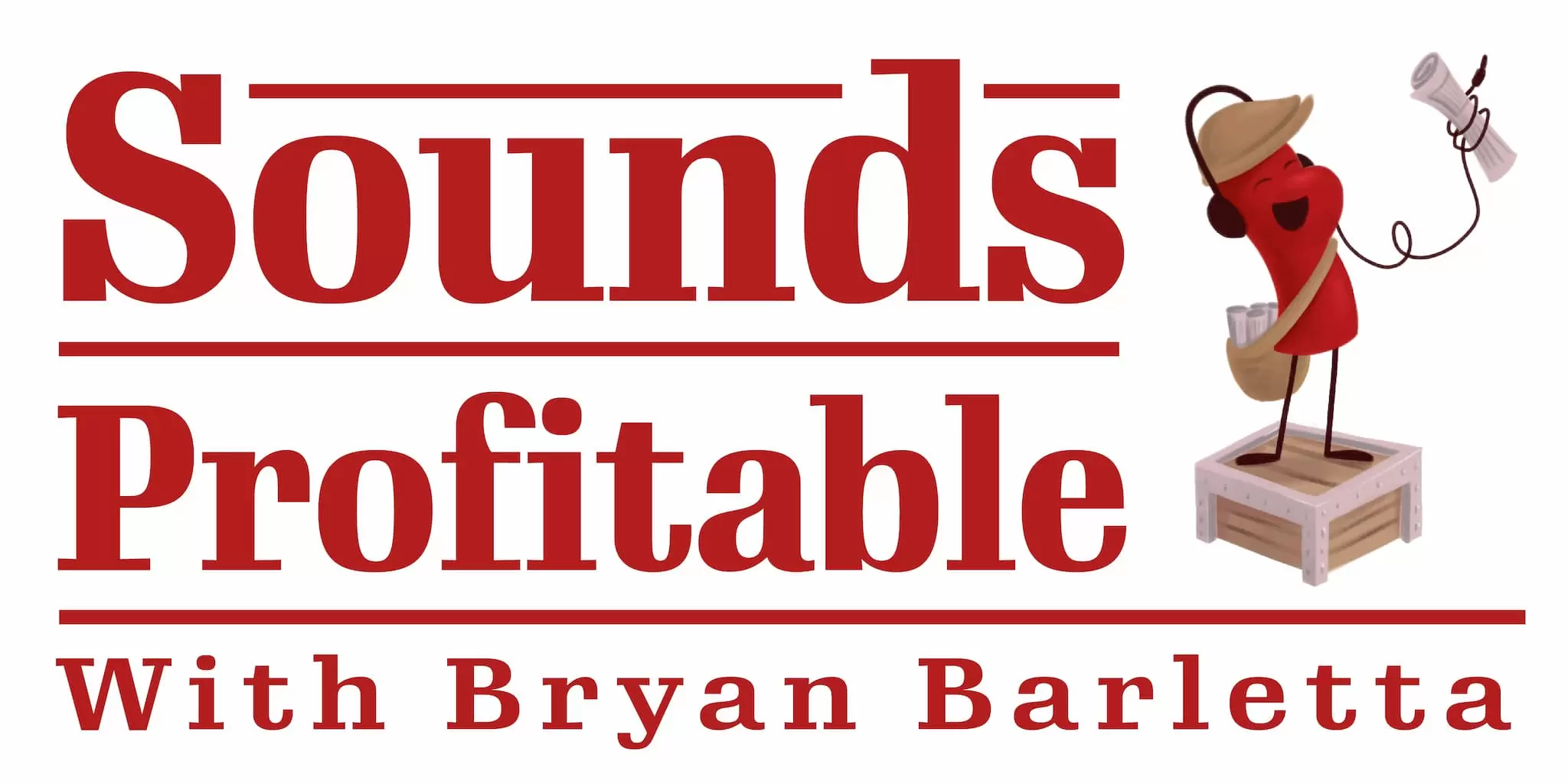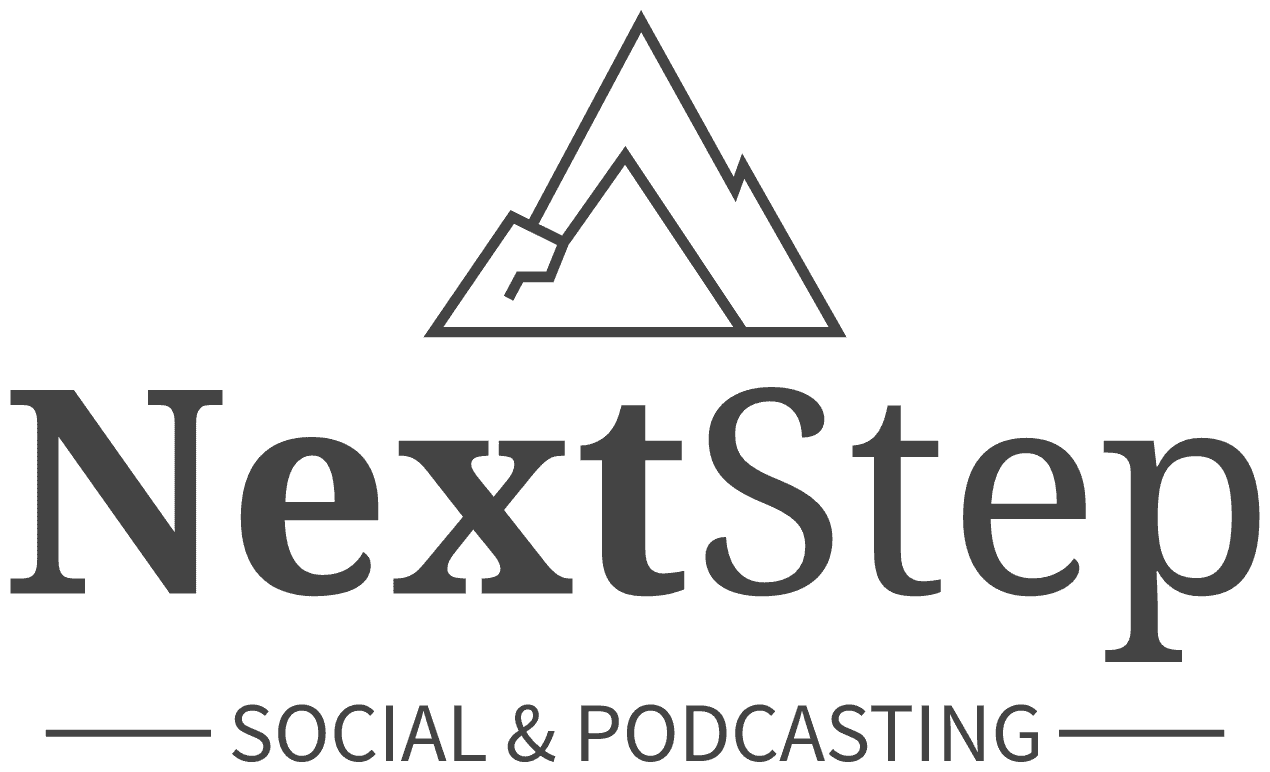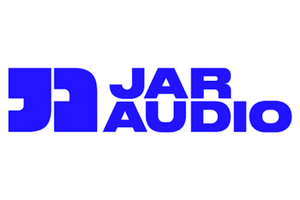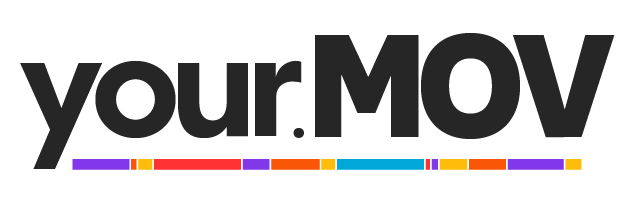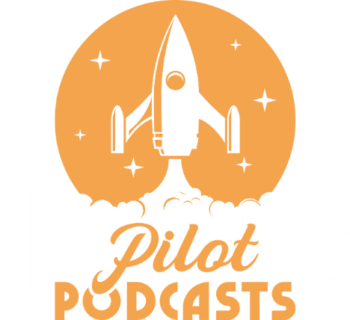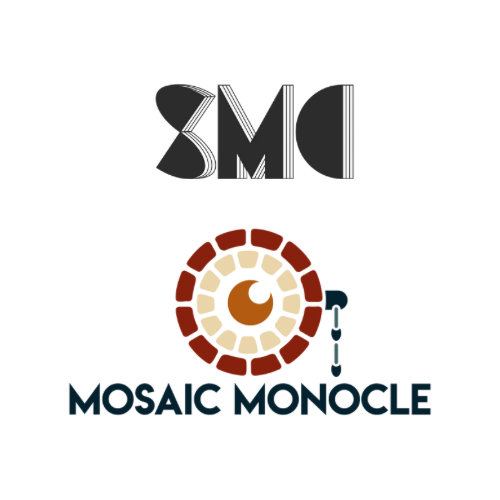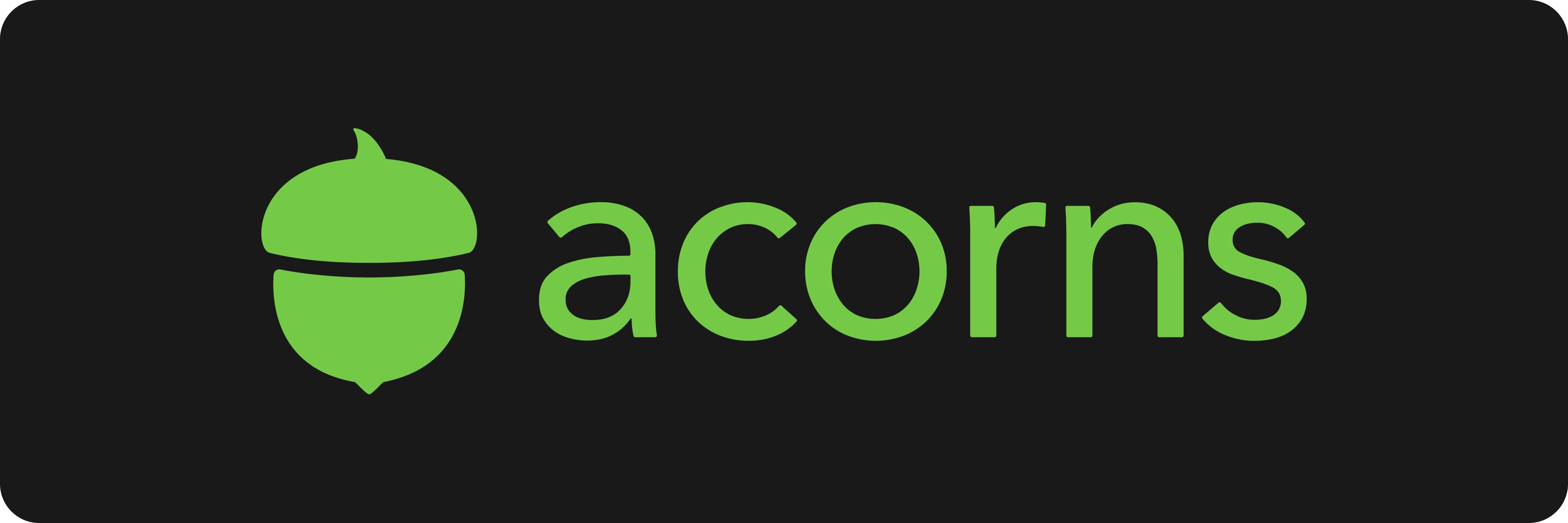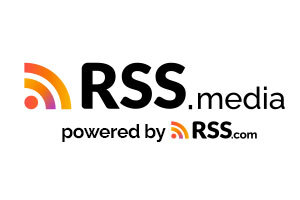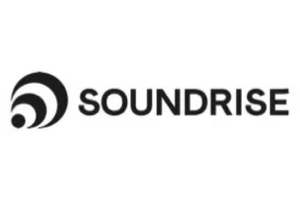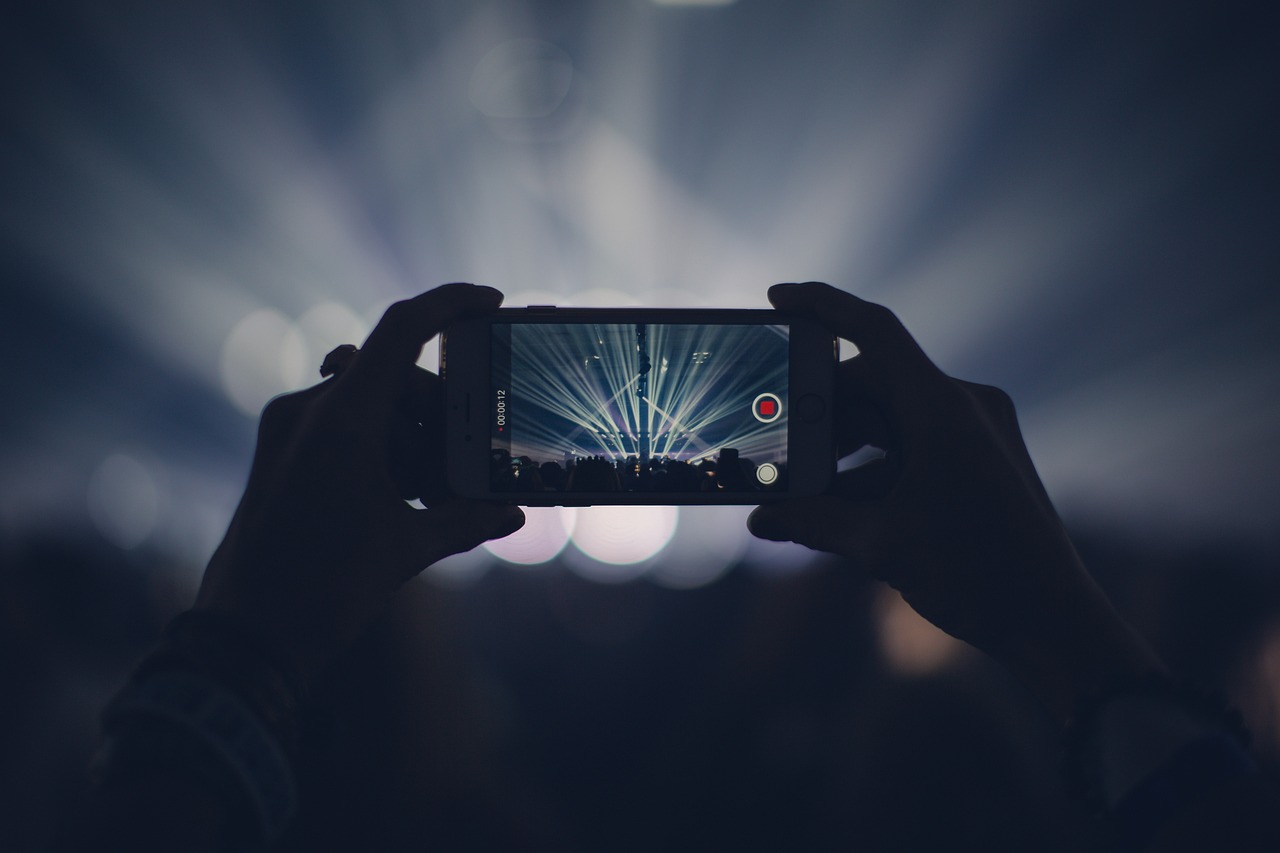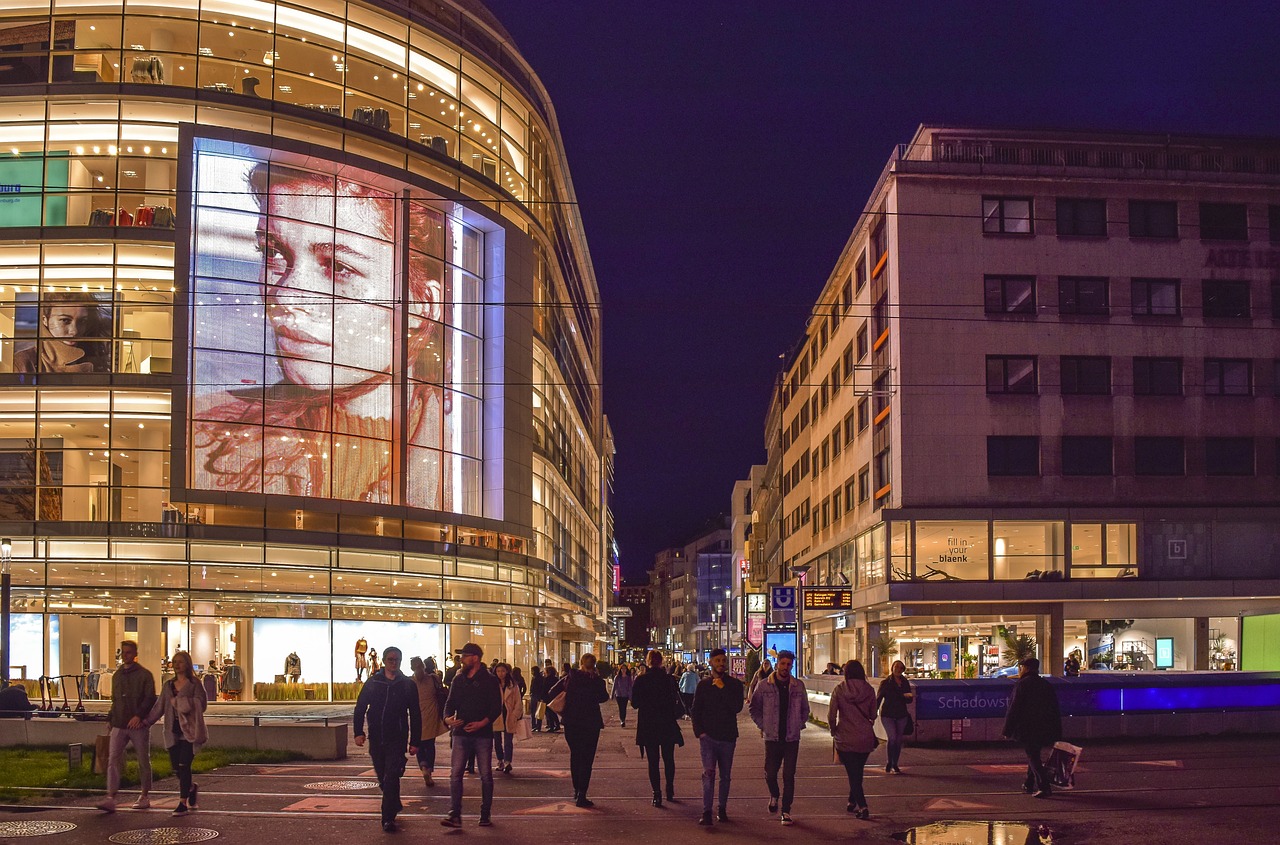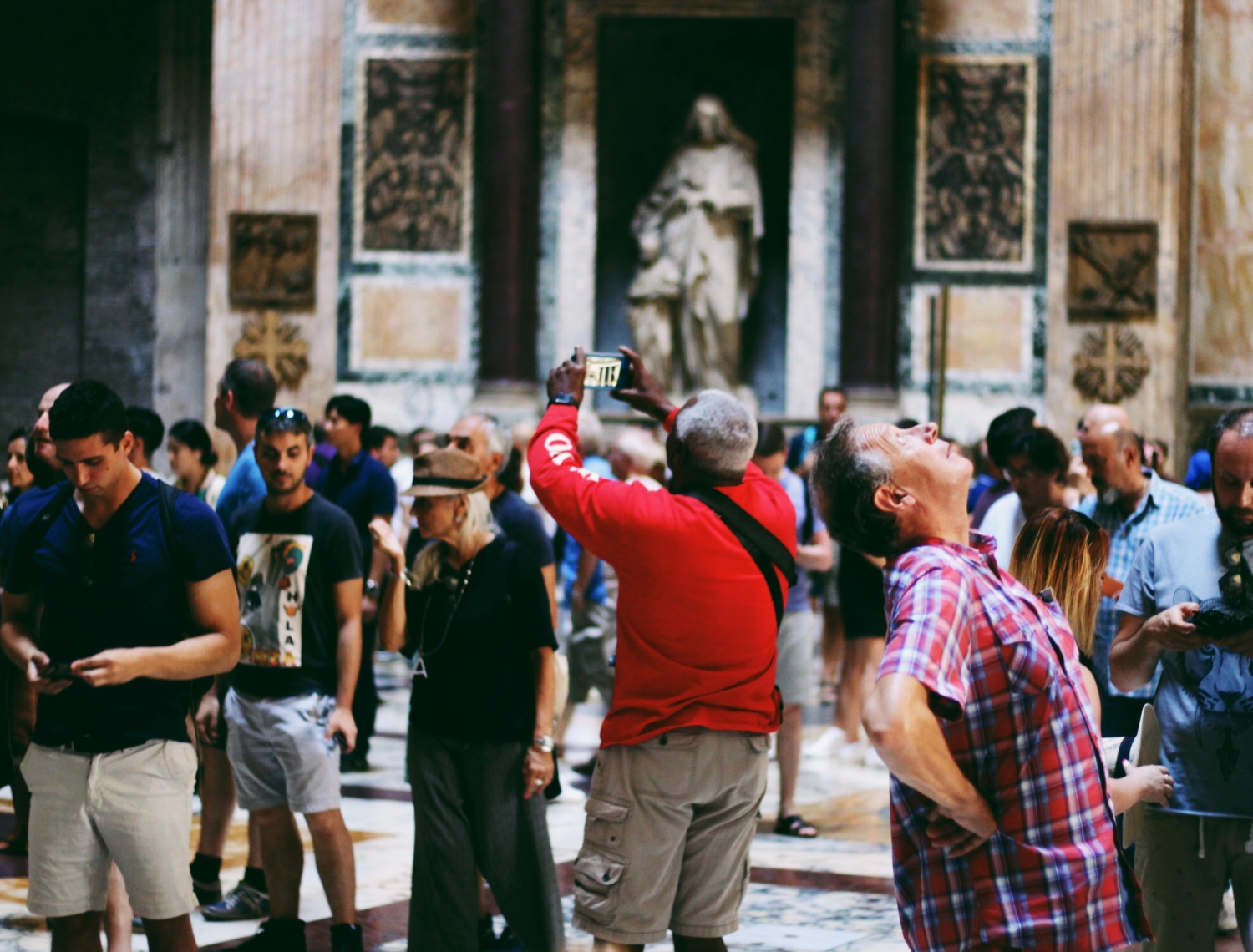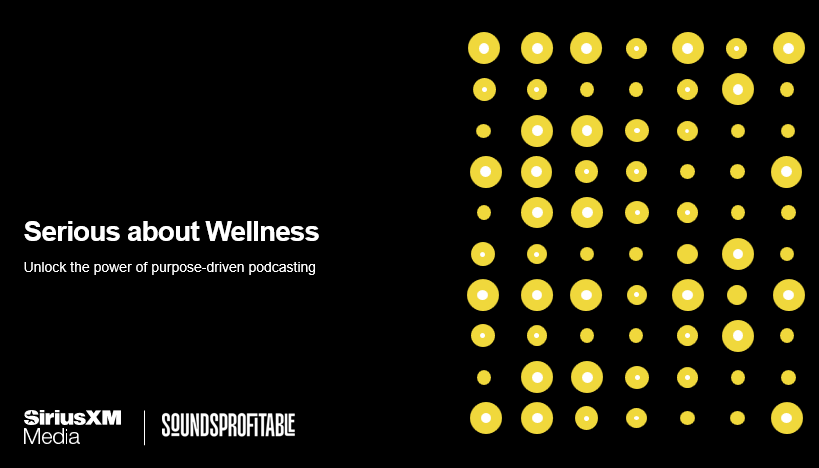Matt Drengler of Podsights joined me earlier this year to cover everything you need to know about campaign lift reports.
Earlier this month, the IAB Fall Podcast Upfronts kicked off. It speaks volumes to the success of podcasting that in 2021, in the thick of a pandemic, the IAB decided it was time to add Podcasting to both their Spring and Fall lineup.
The panels were fantastic. Grade A presentation of our space. Educating and entertaining, with a strong focus on “the power of podcasting” with subtle sprinklings of “and here’s why you should buy directly with us”. Could not be more proud of how we look as an industry.
But you wouldn’t have known that if you read the Digiday or Inside Radio articles, laser focused on a 19 minute long, four-person panel discussing the complexities of podcast programmatic advertising. The conversation was fantastic, highlighting as best they could in such little time, some of the roadblocks buyers looking to increase their spend in our space are facing.
So today, I’m going to dissect the panel that caused so much gnashing of teeth in the trades, addressing some points and reframing others.
Fixing Fragmentation
Nobody wants to log into your platform.
All of you adtech companies out there building fantastic marketplaces, mimicking programmatic capabilities uniquely for the publishers directly connected to your platform need to understand that major brands and advertisers don’t want to log into each tool individually. Sophisticated ad buyers want to use the DSP they already use every day to transact the deal across as much inventory as possible. Centralizing the purchasing process is the entire problem that programmatic was built to solve for these buyers.
Marketplaces absolutely have a place when their core offering is something that can’t directly be replicated through traditional programmatic, like transacting on host-read ads at scale. But in podcasting, we’re too wrapped up in the marketing. And truthfully, nearly all of what makes each of these marketplaces unique could just as easily be transacted through actual programmatic integrations.
When marketplaces are built to mimic programmatic, but require publishers to log in directly to their platform, ultimately what happens is those marketplaces end up spending more time offering managed service and slowing down the buyers ability to transact en masse. Buyers operating in these relationships begin to question the value here over going host read, especially considering the lack of operational efficiencies.
It’s important to remember that buyers smart enough to take advantage of marketplace tools are also smart enough to insist on using their DSP of choice to interact with those tools. So let’s stop gating these features and inventory in closed ecosystems and start playing ball with the rest of the adtech industry.
The framework for adhering to all of this is already built. This isn’t a technical limitation, it’s a choice.
Elevating Context
A transcribed podcast is no different than an article on a website.
This one seems like a home run, right? Take a podcast, transcribe it, identify keywords, and kick it over to the DSP to use it for contextual targeting and brand suitability. Looking through OpenRTB, the framework that governs how programmatic works (SSP to DSP connection), there’s an entire field called “keyword” designed specifically for this.
Hosting providers and third parties continue to offer transcription services at lower rates with higher accuracy. Publishers are often slow to pay for these services as most podcast players aren’t displaying transcripts sent to them, but that data adds immense value for contextual targeting and brand suitability both through direct host-powered DAI and programmatic.
Adswizz is the most prominent partner already providing transcription for their Podwave marketplace, along with contextual targeting of their inventory on a keyword level both directly and through a partnership with Comscore. But this feature only exists in their direct marketplace and isn’t provided by default through all OpenRTB requests to the more than two dozen partners they’re integrated with.
That Comscore bit is important. For many ad buyers, using a third party’s methodology for keyword identification is important, both to validate the content and keep consistent with targeting strategies across other mediums. Comscore’s relationship with Adswizz isn’t exclusive, and it’s even more surprising that Comscore is the only partner offering that service in podcasting.
But Comscore didn’t do that integration for free. And within podcasting, the demand for these third-party solutions is almost non-existent. Heck, even IAB certification isn’t a deal-breaker for a directly sold campaign, making the expense hard to justify especially without a clear path to recoup the costs.
Tough pill to swallow, but many buyers choose their exchanges based on which solutions they’re integrated with.
Empowering Creatives
Announcer-read audio creative is an afterthought.
In the bulk of podcast advertising today, the creative is included in the campaign. Makes sense for host-read ads, what with the host being the talent and all, but it’s surprisingly the same for announcer-read ads as well. The seller and buyer collaborate on the talking points or script, and the seller manages the creation of the announcer-read ad.
In the panel, they point out that programmatic advertising in Connected TV (CTV) is flourishing in part because the ads from linear TV can be repurposed for CTV and vice versa. And while podcasting does benefit from the ability to repurpose streaming audio and radio ads, there are definitely some major brands out there without an audio presence at all.
Creative always gets the short end of the stick in any aspect of advertising, but I think where the podcast industry can really rise to the occasion here is by providing workshops, courses, and training materials on best practices for building podcast ads. In remembering that the focus of programmatic is for the buyer to directly manage the process, we need to arm them with the tools to create the ads themselves.
Measured & Targeted
Podcasting isn’t streaming audio, and shouldn’t be punished for it.
We hear a lot of cracks against podcast measurement and targeting from buyers outside our space. Because how we measure and target for podcasts is different from other mediums.
Podcasting focuses almost entirely around IP-focused identification, something we clearly get across every single request and can successfully use—if only for directionality—in both measurement and targeting. But we need to remember that outside buyers are used to transacting on bloated cookie and mobile device ID databases for targeting, and using measurement solutions that actually fire on the client’s device.
This is a barrier we can’t magically fix. Our industry isn’t going to become streaming or allow client-side data. Apple, Spotify, Google, and Amazon aren’t going to hear our pleas to use mainstream adtech solutions and share information they’ve successfully not shared for twenty years. Which means that we need to just take this punch on the chin, collectively, and work to educate buyers on the fact that this is just how our industry works.
While today, nearly all mainstream adtech measurement pixels won’t work in podcasting because they won’t accept IP or can’t do enough with it, and tracking pales in comparison to what buyers can accomplish with first-party data, the technology is still there to transact programmatically, augmented by data partners they use elsewhere (Nielsen, Lotame, etc), and measured at least by their DSP.
Collective education to the buyers on this subject and clear insistence to programmatic partners that we can’t just be shoehorned into streaming audio are really the paths forward to solve this problem.
Fast & Curious
“Do we want to be in podcasting? The answer is yes.” – Regina Sommese, GVP Paid Media, Discovery
Each of these leaders were there to highlight their desire to increase programmatic ad spend in podcasting. And that’s a key thing to highlight: increase. Publicis and Discovery are already actively spending in podcast programmatic, and The Trade Desk is already connected to both Adswizz and Triton Digital. This wasn’t a panel about people considering jumping in the pool, this was a panel talking about how we get more people in it.
Programmatic advertising isn’t a replacement for host-read direct deals. Programmatic advertising doesn’t have to take the control out of the publisher’s hands. Programmatic advertising doesn’t lead to lowering of all CPMs.
Instead, programmatic advertising is simply another way to bring increased ad revenue into podcasting, allowing publishers the funds they need to continue creating existing and new content.
The more podcast inventory available programmatically, the more major buyers can employ granular targeting strategies to test out the space quickly using the tools they already know inside and out. The success they find with these methods will only increase their interest in podcast advertising overall, encouraging them to buy direct and explore host-read advertising as well.
We don’t have to lose what makes us unique to play with the big buyers. Podcasting isn’t streaming and the major adtech players are finally starting to understand that instead of using it as an excuse to bar us from the space.
The one thing they got wrong in the panel was the need for “sophisticated technology” to make all of this work. All of the tech needed to connect these dots has existed for quite some time, much of it even predated DAI. We’ve just been too focused on competing with each other instead of collaborating to better enter the mainstream channels.
Thanks to Claire Fanning VP Ad Innovation Strategy at SXM Media, Hayley Diamond, EVP US Digital Investment at Publicis, Regina Sommese GVP Paid Media at Discovery, and Ashutosh Gangwar GM Inventory Partnerships at The Trade Desk for the great panel.
Rel’s Recs
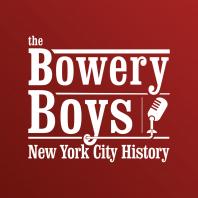
Arielle’s pick for this week is: The Bowery Boys
The Bowery Boys is a top shelf New York City history podcast and network. Hosts Tom and Greg are very committed to bringing listeners well-researched and off-the-beaten-path stories of NYC’s past. They also do virtual and in-person walking tours! I recommend starting with The Curious Case of Typhoid Mary, which details the story of Mary Mallon, thought to be at the center of the typhoid epidemic.
Market Insights – with ThoughtLeaders
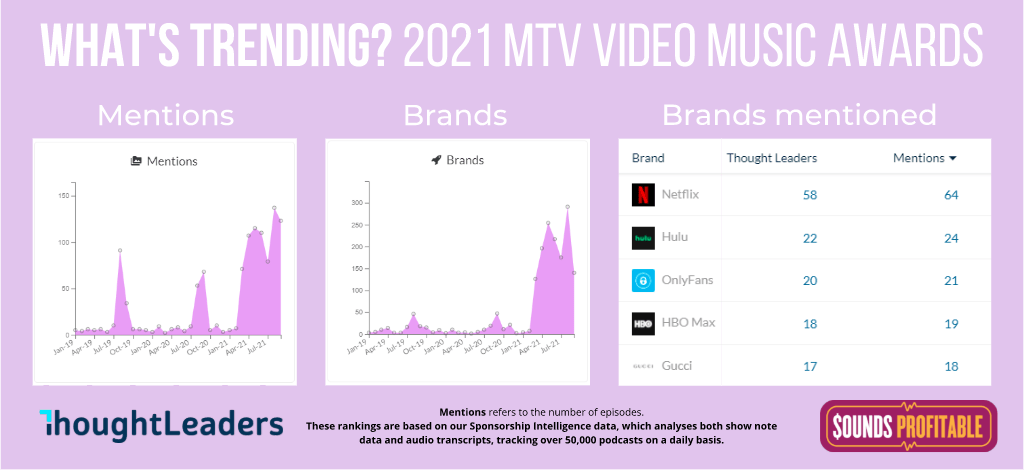
Noam Yadin, Content and Social Media Manager at ThoughtLeaders joins me this week to share insight into current trends:
From the VMAs to the Met Gala, there were Hollywood events taking place from every direction this week. It’s interesting to see that unlike on YouTube, content relating to the VMAs on podcasts increased dramatically this year…and brands definitely got on the bandwagon.

